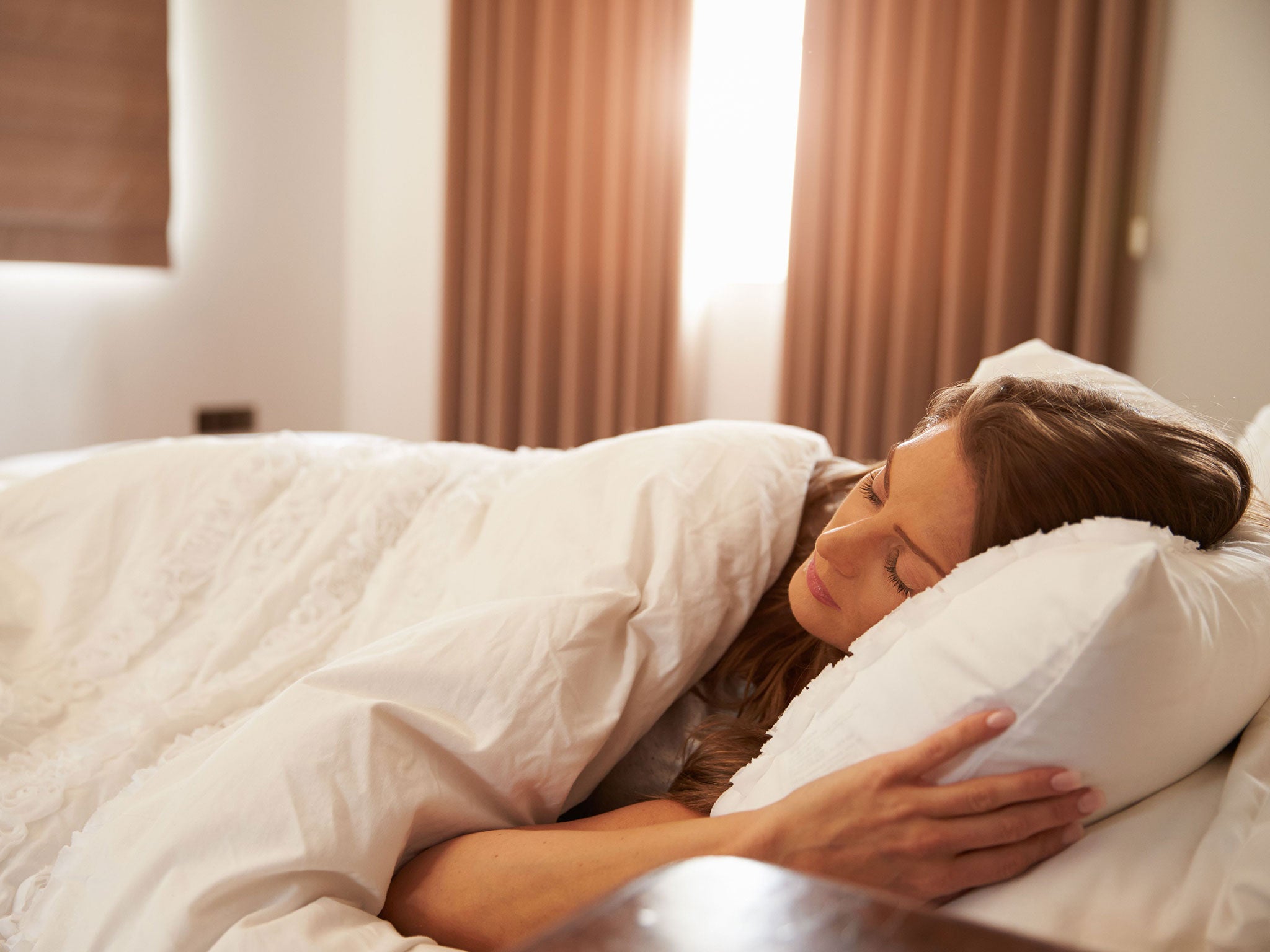Sleeping boosts women's brain power but men benefit more from naps, research suggests
Previous research has suggested women need more sleep as their brains are 'more complex' than men's

Your support helps us to tell the story
From reproductive rights to climate change to Big Tech, The Independent is on the ground when the story is developing. Whether it's investigating the financials of Elon Musk's pro-Trump PAC or producing our latest documentary, 'The A Word', which shines a light on the American women fighting for reproductive rights, we know how important it is to parse out the facts from the messaging.
At such a critical moment in US history, we need reporters on the ground. Your donation allows us to keep sending journalists to speak to both sides of the story.
The Independent is trusted by Americans across the entire political spectrum. And unlike many other quality news outlets, we choose not to lock Americans out of our reporting and analysis with paywalls. We believe quality journalism should be available to everyone, paid for by those who can afford it.
Your support makes all the difference.Getting a good night’s sleep boosts women’s brain power, while men benefit from shorter naps, research has suggested.
Scientists at the Max Planck Institute in Munich analysed the sleep patterns of 160 adults to consider how sleep affects intellectual capacity. Their study has been presented at the Forum of Neuroscience in Copenhagen.
The researchers monitored the cohort’s sleep patterns, as well as performing intelligence tests on them to assess their reasoning and problem solving skills, Mail Online reports. They monitored sleep spindles, which are bursts of brain activity to consider correlation with different forms of sleep, cross-referenced with gender.
They found that sleep spindles, which are associated with higher IQ scores, were boosted when women entered dreamless sleep. For men no such correlation was found during dreamless sleep.
However, analysis of men’s brain activity found the same stimulation occurred when they had naps.
Professor Martin Dresler said: “Our results demonstrate that the association between sleep spindles and intelligence is more complex than we have assumed until now.
“There are many factors involved in intellectual abilities, and sleep is just one of them. This large study of men and women gives us a more accurate framework for the next phase of research which will involve differences in individuals sleep patterns.”
Earlier this year, researchers at Loughborough University Sleep Research Centre found women may need more sleep as their brains are more complex than men's. Professor Jim Horne, who has researched the issue said: “Women tend to multi-task — they do lots at once and are flexible — and so they use more of their actual brain than men do. Because of that, their sleep need is greater."
Join our commenting forum
Join thought-provoking conversations, follow other Independent readers and see their replies
0Comments